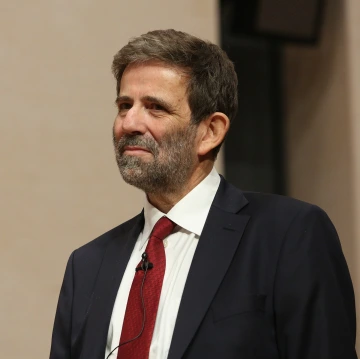When
Where

Thomas Sterner is a Professor of Environmental Economics at the University of Gothenburg in Sweden. His work is focused on the design of policy instruments to deal with resource and environmental problems. Sterner has published more than a dozen books and a hundred articles on environmental policy instruments with applications to energy, climate, industry, transport economics and resource management in developing countries. He has in particular worked on the importance of fuel taxation for climate and transport policies. He has also worked on the feasibility and income distributional aspects of environmental policies. Another body of his work is focused on intertemporal discounting.
Sterner is the recipient of the Myrdal Prize, past president for the European Association of Environmental and Resource Economists. At RFF, Sterner was a Gilbert White Fellow in 1998-99 and since then he has been a University Fellow. His research falls largely within Energy and Climate but he has also worked on natural resources such as fisheries. Together with a colleague Gunnar Köhlin, he has initiated the Environment for Development Initiative that is a partnership between RFF, the University of Gothenburg and a growing number (currently 15) of research centres in low and middle-income countries.

